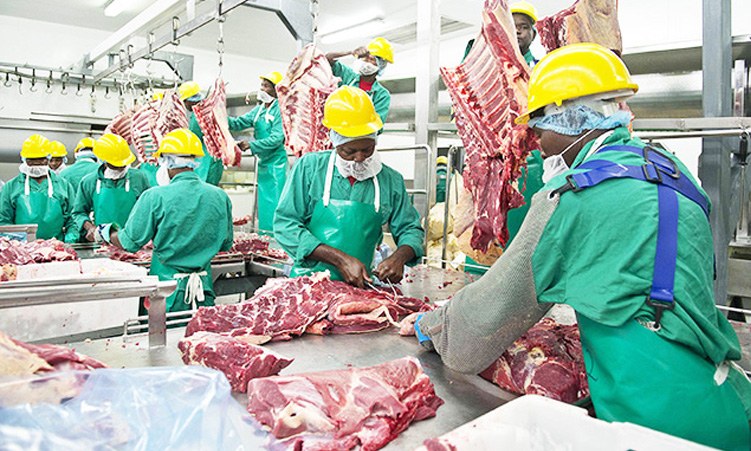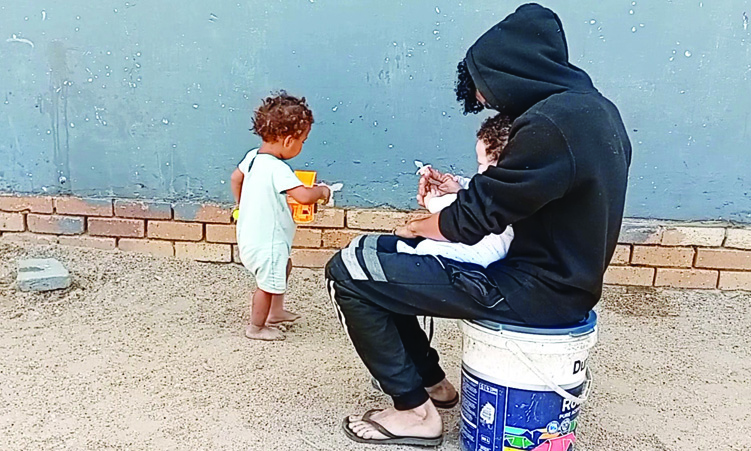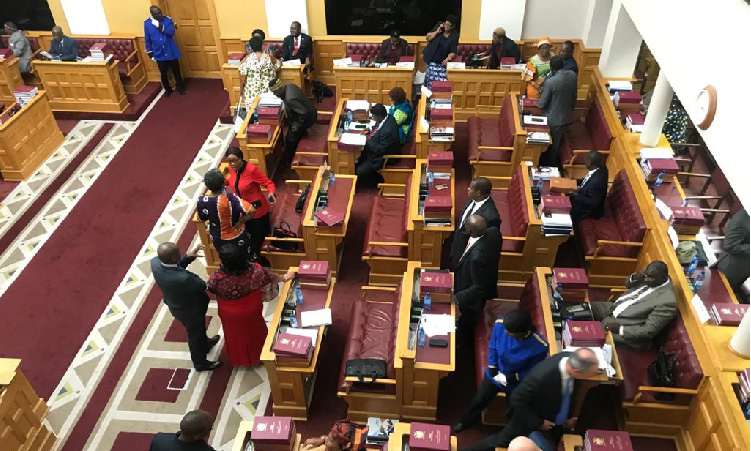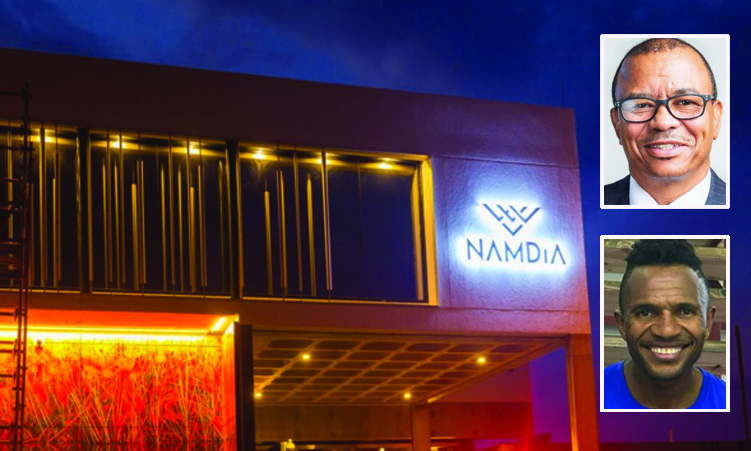JUBA – The forlorn wrecks of cars and motorbikes dotting southern Sudan’s potholed dirt tracks and rare tarmacadam roads might signal chaos to some.
But Zeru Woldemichael sees a business opportunity – in insurance. The Eritrean entrepreneur is hoping to snare a portion of the fledgling insurance market in this semi-autonomous region, which was born from a 2005 peace deal to end Africa’s longest civil war and which survives on oil revenues.But to do so he, like other insurers operating here, will have to work in a business environment lacking even basic structures after years of war, and where tales of mismanagement and corruption are rife.It’s also a land where the very concept of insurance needs to be taught.South Sudan, which will hold a referendum on secession in 2011, is still cobbling together its institutions after decades of fighting between rebels from this mainly Christian and animist region and the Islamist government in Khartoum.The war killed two million people and drove another four million from their homes.Today, its consequences have been overshadowed by the anarchy in Sudan’s western Darfur region, where rebels have been fighting the government and its militia since 2003.The peace in the south is shaky – earlier this month, former rebels clashed with tribesmen in a volatile border area and scores were killed.Southern officials have warned that such attacks could reignite the civil war.But Woldemichael is banking on the peace holding, and hoping officials in the three-year-old government will jump at the chance to insure their cars in a region where road etiquette is still a work in progress, and where official licence plates are a new development – until recently many were hand-painted.oil wells Under the peace deal, south Sudan receives 50 per cent of revenues generated from oil wells in the south – around US$1,5 billion to US$1,7 billion a year.It is exempt from US sanctions placed on Sudan over accusations that it supported terrorism.”We think the government will be our biggest client …they are the ones that have the money,” Woldemichael said at the New Sudan Insurance Company’s offices, where balloons pinned up to mark the January opening were deflating in the heat.With capital of US$3 million and some 20 staff, the insurance company is the largest insurer in the south, Woldemichael said.”Very few of the cars you see are insured even against third party,” said the grey-haired, softly-spoken entrepreneur.He plans to offer third-party insurance at around US$175 per year for a saloon car, with total coverage of up to US$500 000.Majority shareholder Wawat Securities Ltd is partly owned by the Sudan People’s Liberation Movement (SPLM), the former rebel group that now heads the southern government.The firm will be competing with Kenyan companies, including UAP Insurance, and insurers from the north.George Ochira, country business manager at UAP, said it was impossible to estimate the size of the market.Most of its clients are non-governmental organisations and United Nations’ agencies, and premiums are slightly higher than in east Africa.He said the real issue was a lack of awareness.”In so many years of war, (the people) have taken risks before.So they think: do I really want to transfer the risk?” Also, although third-party insurance is required by the law, this is rarely, if ever, enforced.There are other problems, not unique to insurance, but which could potentially shrink the size of the market by keeping foreign investors away.Nampa-ReutersThe Eritrean entrepreneur is hoping to snare a portion of the fledgling insurance market in this semi-autonomous region, which was born from a 2005 peace deal to end Africa’s longest civil war and which survives on oil revenues.But to do so he, like other insurers operating here, will have to work in a business environment lacking even basic structures after years of war, and where tales of mismanagement and corruption are rife.It’s also a land where the very concept of insurance needs to be taught.South Sudan, which will hold a referendum on secession in 2011, is still cobbling together its institutions after decades of fighting between rebels from this mainly Christian and animist region and the Islamist government in Khartoum.The war killed two million people and drove another four million from their homes.Today, its consequences have been overshadowed by the anarchy in Sudan’s western Darfur region, where rebels have been fighting the government and its militia since 2003.The peace in the south is shaky – earlier this month, former rebels clashed with tribesmen in a volatile border area and scores were killed.Southern officials have warned that such attacks could reignite the civil war.But Woldemichael is banking on the peace holding, and hoping officials in the three-year-old government will jump at the chance to insure their cars in a region where road etiquette is still a work in progress, and where official licence plates are a new development – until recently many were hand-painted.oil wells Under the peace deal, south Sudan receives 50 per cent of revenues generated from oil wells in the south – around US$1,5 billion to US$1,7 billion a year.It is exempt from US sanctions placed on Sudan over accusations that it supported terrorism.”We think the government will be our biggest client …they are the ones that have the money,” Woldemichael said at the New Sudan Insurance Company’s offices, where balloons pinned up to mark the January opening were deflating in the heat.With capital of US$3 million and some 20 staff, the insurance company is the largest insurer in the south, Woldemichael said.”Very few of the cars you see are insured even against third party,” said the grey-haired, softly-spoken entrepreneur.He plans to offer third-party insurance at around US$175 per year for a saloon car, with total coverage of up to US$500 000.Majority shareholder Wawat Securities Ltd is partly owned by the Sudan People’s Liberation Movement (SPLM), the former rebel group that now heads the southern government.The firm will be competing with Kenyan companies, including UAP Insurance, and insurers from the north.George Ochira, country business manager at UAP, said it was impossible to estimate the size of the market.Most of its clients are non-governmental organisations and United Nations’ agencies, and premiums are slightly higher than in east Africa.He said the real issue was a lack of awareness.”In so many years of war, (the people) have taken risks before.So they think: do I really want to transfer the risk?” Also, although third-party insurance is required by the law, this is rarely, if ever, enforced.There are other problems, not unique to insurance, but which could potentially shrink the size of the market by keeping foreign investors away.Nampa-Reuters
Stay informed with The Namibian – your source for credible journalism. Get in-depth reporting and opinions for
only N$85 a month. Invest in journalism, invest in democracy –
Subscribe Now!









